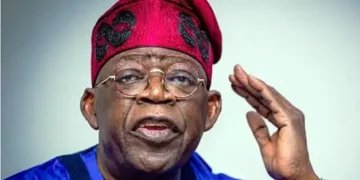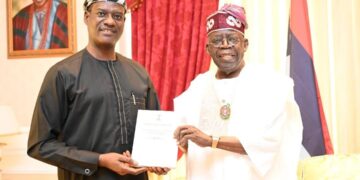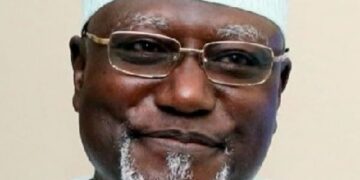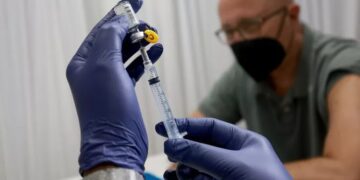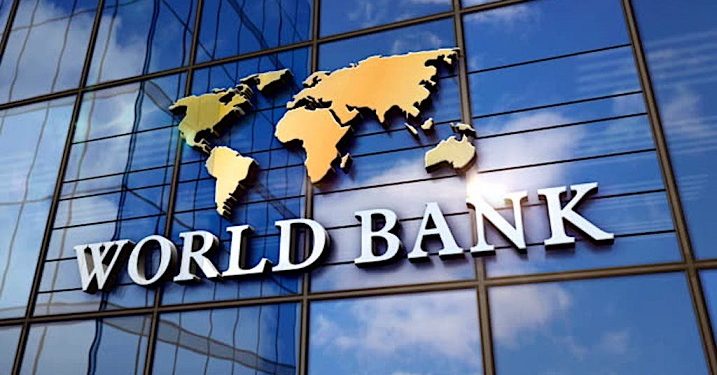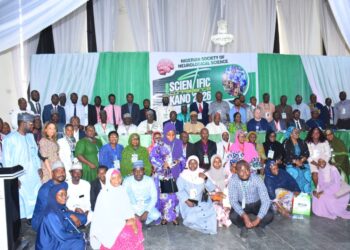World Bank approves $1.08 billion loan for Nigeria
The World Bank said on Wednesday it had approved a total of $1.08 billion in concessional financing for Nigeria to enhance education quality, build household and community resilience, and improve nutrition for underserved groups.
This funding package includes $500 million for the Community Action for Resilience and Economic Stimulus (NG-CARES) Programme; $80 million for the Accelerating Nutrition Results in Nigeria (ANRIN 2.0); and $500 million for the Hope for Quality Basic Education for All (HOPE-EDU) initiative.
Breakdown of the Financing Operations
NG-CARES Programme
The NG-CARES Programme is designed to expand access to livelihood support, food security services, and grants specifically aimed at poor and vulnerable households. Initially created as a response to the economic impacts of the COVID-19 pandemic, it has already reached over 15 million beneficiaries and evolved into a platform that provides multisectoral interventions including social transfers and support for small businesses.
ANRIN 2.0
The ANRIN 2.0 program focuses on improving nutrition services for pregnant women, lactating mothers, adolescent girls, and children under five years old. It aims to enhance maternal and child health, nutrition services, and food security in targeted areas across Nigeria. This initiative aligns with Nigeria’s National Development Plan (2021–2025) and builds upon the success of its predecessor program which served over 13 million children under five from 2018 to 2024.
HOPE-EDU Initiative
The HOPE-EDU initiative aims to improve foundational literacy and numeracy among public primary school students while also enhancing access to basic education and strengthening education systems across participating states. It is expected to directly benefit around 29 million public primary school pupils, along with supporting approximately 500,000 teachers across more than 65,000 schools.
READ ALSO: 2034 WORLD CUP: FIFA confirms Saudi Arabia as host
This substantial financial commitment from the World Bank underscores its dedication to enhancing human capital in Nigeria through improved education quality, nutritional support, and community resilience initiatives amid ongoing economic challenges following recent government reforms.







